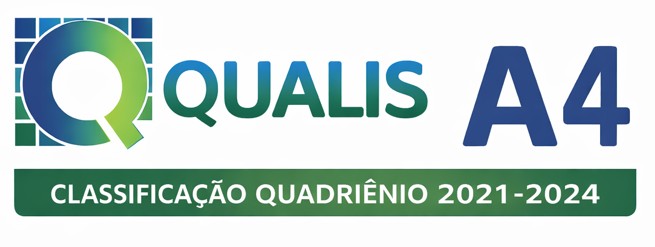O encontro entre o currículo e a avaliação na coordenação pedagógica da escola
Palavras-chave:
Currículo, Didática, Avaliação, Coordenação Pedagógica, Coordenador PedagógicoResumo
O currículo e a avalição na coordenação pedagógica da escola, traz à luz de maneira didática e objetiva o papel do coordenador pedagógico, ressaltando sua importância no fazer coletivo e democrático do cotidiano pedagógico das instituições. Tendo como ponto central a organização do trabalho pedagógico- currículo, didática e avaliação-, destacam a importância de se tratar a coordenação pedagógica como campo de investigação e formação, evidenciando o coordenador pedagógico como um dos grandes responsáveis por fomentar o pleno desenvolvimento do projeto político pedagógico e do currículo da instituição de ensino. Ressaltam as dificuldades tanto na escolha quanto no desempenho da função de coordenador, tais como ausência de objetividade e clareza do que são suas verdadeiras funções e atribuições; o excesso de tarefas destinadas ao cargo mesmo incompatíveis com seu sentido de existência; a possível perda financeira na remuneração; a carência de subsídios teóricos/epistemológicos na formação inicial e continuada que poderiam fundamentar o exercício na função. São 76 páginas divididas em seis capítulos com subtítulos, uma forma de organização que não deixa a leitura cansativa e faz a ligação de um capítulo a outro de forma coesa. O que significa a organização do trabalho pedagógico (OTP) na escola de Educação Básica?; Coordenação Pedagógica na escola, por que e para que?; Como a prática pedagógica pode se retroalimentar do currículo?; A avaliação formativa para as aprendizagens dos docentes e discentes; Currículo, avaliação e coordenação pedagógica: possibilidades; Reflexões inacabadas. Constitui-se leitura indispensável aos professores, gestores, estudantes de licenciaturas e demais interessados no trabalho pedagógico.
The encounter between curriculum and assessment in the school's pedagogical coordination
Abstract: The curriculum and assessment in the school's pedagogical coordination, brings to light in a didactic and objective way the role of the pedagogical coordinator, emphasizing its importance in the collective and democratic action of the institutions' pedagogical routine. Having as its central point the organization of pedagogical work - curriculum, didactics and evaluation -, they highlight the importance of treating pedagogical coordination as a field of investigation and training, highlighting the pedagogical coordinator as one of the main people responsible for promoting the full development of the political project teaching and curriculum of the educational institution. They highlight the difficulties both in choosing and performing the role of coordinator, such as the lack of objectivity and clarity of what their real functions and attributions are; the excess of tasks assigned to the position even incompatible with its sense of existence; the possible financial loss in remuneration; the lack of theoretical/epistemological subsidies in initial and continuing education that could support the exercise in the function. There are 76 pages divided into six chapters with subtitles, a form of organization that does not leave tiring reading and links one chapter to another in a cohesive way. What does the organization of pedagogical work (OTP) mean in the Basic Education school?; Pedagogical Coordination at school, why and for what?; How can pedagogical practice feed back into the curriculum?; Formative assessment for the learning of teachers and students; Curriculum, assessment and pedagogical coordination: possibilities; Unfinished reflections. It constitutes essential reading for teachers, managers, undergraduate students and others interested in pedagogical work.










